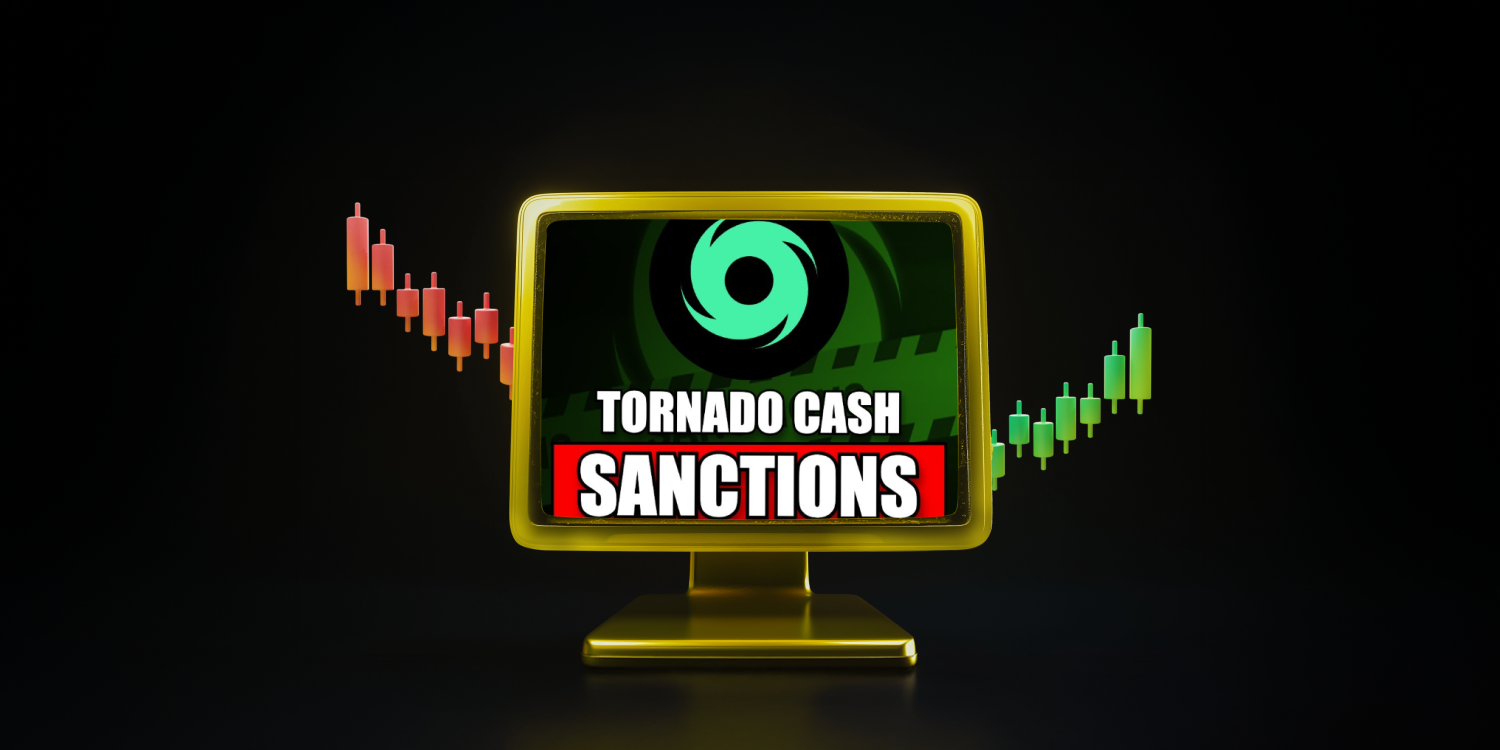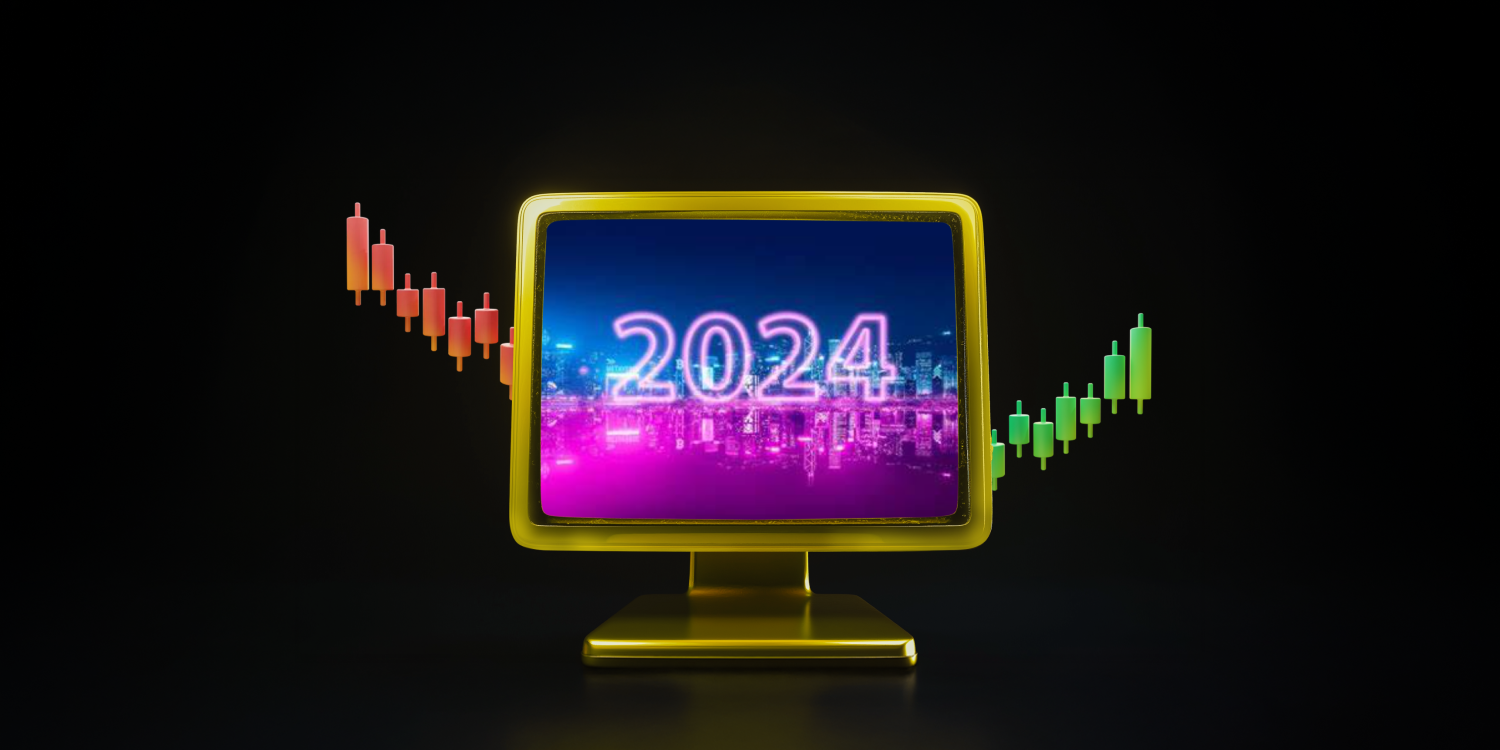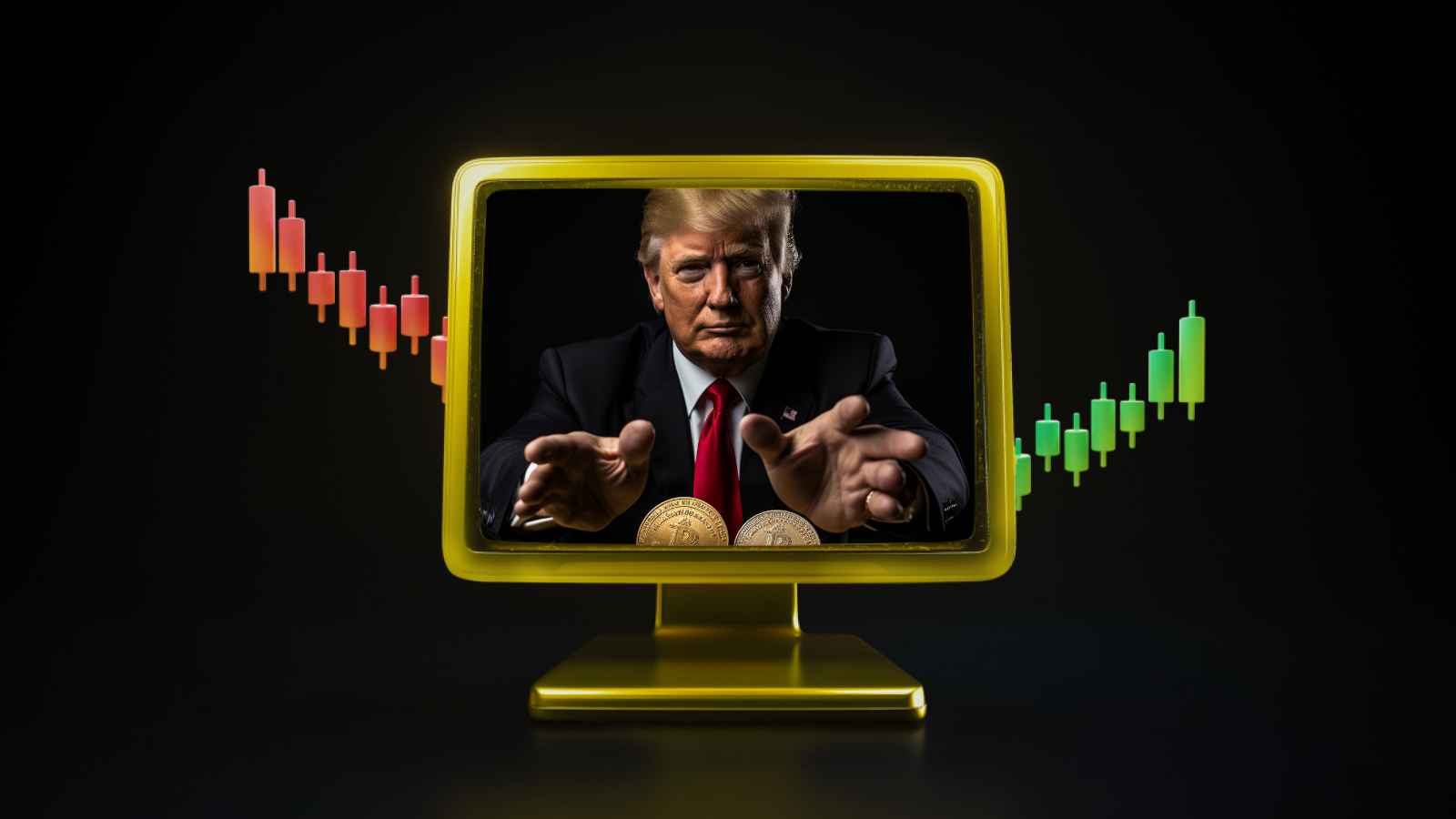INTRODUCTION
While blockchain-enabled cryptocurrencies were initially created as new ways to conduct private financial transactions, the reality is not that simple. Many blockchain records are public and allow people to track their accounts and transaction history. Due to some KYC (Know Your Customer) and AML (Anti- Money Laundering) requirements, accounts can be traced back to the people who control them.
WHAT IS TORNADO CASH?
Tornado Cash is a crypto transaction privacy program developed on the Ethereum blockchain. It allows a user to deposit various types of cryptocurrencies into a shared pool and then receive a transaction key. The user can then enter the key to withdraw crypto from the pool to a different crypto wallet. The purpose of Tornado Cash is to act as an intermediary that increases privacy in crypto transactions. Typically, crypto is exchanged directly between two parties, leaving a record linking the sender to the receiver. Tornado Cash attempts to break this link by taking cryptocurrency deposits, disassociating them from their senders, and then returning them to any party that has the associated security key of a deposit.
HOW TORNADO CASH WORKS
A user selects a cryptocurrency and the amount they want to deposit into Tornado Cash. The user links their crypto wallet to Tornado Cash to facilitate the transaction. Tornado Cash generates a security key unique to the deposit that the user copies. Once the transaction is confirmed and completed, Tornado Cash puts the deposited crypto into a shared pool, where it is separated from the depositor’s crypto wallet address. This is known as “crypto rounding” or “crypto mixing”. A person who has the associated security key of a deposit can use it to withdraw crypto from the balance to their own crypto wallet. A person withdrawing crypto from Tornado Cash can also use a “relay” program. A relay receives the withdrawal request and then sends it to Tornado Cash on the user’s behalf. Thus, the person can withdraw crypto from Tornado Cash without the withdrawal being directly linked to the crypto wallet address, further protecting their privacy. However, concerns about the misuse of this technology for money laundering purposes have led to scrutiny and even sanctions by regulators.
US GOVERNMENT BAN ON TORNADO CASH
In August 2022, the US Office of Foreign Assets Control (OFAC) sanctioned Tornado Cash. The agency alleged that Tornado Cash’s transaction anonymization capabilities lacked sufficient controls to prevent criminals from depositing stolen cryptocurrency and enabled money laundering. This anonymization raised some potential concerns. North Korea has stolen over USD 2 billion in the last two years by exploiting a series of vulnerabilities, including a USD 625 million attack on Ronin bridge, a blockchain project linked to the popular win-win game Axie Infinity. Prior to OFAC’s designation, North Korea used Tornado Cash to launder nearly a billion dollars in stolen funds. TRM Labs reported in 2021 that Tornado Cash was used in more than 35 platform attacks to fund exploit wallets or hide stolen crypto movements in that year alone, including exploits against Vee, Zabu, Bent, Visor, and Grim Finance. As TRM reported at the time, this trend continued to be widely used by North Korea, fraudsters and other illicit actors in 2022. All of this made Tornado Cash illegal for US citizens and companies to use to deposit or withdraw cryptocurrency on Tornado Cash due to sanctions.
OPPOSING OPINION
While it has been proven that Tornado Cash can be, and indeed has been, used for financial crimes such as money laundering Critics of OFAC sanctioning Tornado Cash argue that the program has many legitimate uses, such as anonymously donating to people living under oppressive regimes. However, it has been argued that financial institutions and money services businesses could have avoided the ban by acting with knowledge of the potential risks associated with programs like Tornado Cash.
WHAT WAS THE IMPACT ON TORNADO CASH?
OFAC’s sanctioning of Tornado Cash has managed to radically reduce the usage of the service. According to TRM, the total volume passing through Tornado Cash decreased by close to 85% after the OFAC sanctions. By severely restricting its usage, it caused a dramatic drop in activity, causing the value of its native coin, TORN, to drop from around $300 to as low as $5.
2023 – 2024 DEVELOPMENTS
The US Treasury and Justice Departments have again taken action against Tornado Cash. In August 2023, following a court order approving Treasury’s designation of Tornado Cash, OFAC filed an indictment and sanctions list against Semenov and Roman Storm, a co-founder of Tornado Cash who was arrested by the Federal Bureau of Investigation and the Internal Revenue Service, Criminal Investigation. The Justice Department charged Semenov and Storm with conspiracy to commit money laundering offenses.
The legal challenge to these sanctions was spearheaded by six Tornado Cash users financially backed by Coinbase, the largest US cryptocurrency exchange. They argued that the smart contracts underlying Tornado Cash should not be subject to OFAC’s sanctions list because they cannot be owned or controlled by any entity. The court agreed, stating that OFAC’s actions exceeded its legal boundaries. Paul Grewal, Coinbase’s chief legal officer, supported the ruling in a post on X, saying “privacy wins.”
In November 2024, on November 26, 2024, the Fifth Circuit reversed the decision, holding that Tornado Cash’s immutable smart contracts were not “property” under IEEPA and therefore could not be sanctioned. As this decision alone was decisive, the Court did not find it necessary to address the parties’ other arguments. After this decision, Tornado Cah’s native token (TORN), which was priced at around $3.38, rose as high as $39.
CONCLUSION
The ban in 2022, when the US added the cryptocurrency Tornado Cash to the sanctions list, brought the concept of “decentralization”, which was the purpose of the emergence of cryptocurrencies, into the discussion, raising the issues of how reliable crypto assets are and whether they can be controlled at the same time. This decision in 2024 recognized immutability as a fundamental feature of blockchain technology. However, it remains unclear when and how Congress will act on this issue. As developments continue, the cryptocurrency community looks forward to future strategies that will better protect user privacy and balance it with regulatory demands. Not only could it have a broad impact on the way smart contracts are thought of under US law, but it could also spawn legislative changes. In the wake of the Court’s decision, there is a growing view that Congress should create more specific options around blockchain technologies and privacy tools. In addition, while the decision is limited to its specific facts and circumstances, the court’s decision to exclude immutable smart contracts from the plain meaning of the terms “property,” “contracts,” and “services” also raises questions about how other courts will apply these terms to immutable smart contracts in other legal contexts. However, the decision leaves open the question of the status of immutable smart contracts that often coexist in the same ecosystem. At the same time, the Fifth Circuit’s reversal of OFAC’s Tornado Cash sanctions has implications for DAOs, decentralized finance (DeFi) and other blockchain projects backed by immutable smart contracts. The decision also means that the courts will continue to play a critical role in determining the legal status of the US cryptocurrency sector, so it would not be surprising if the impact of the case on the overall market in the meantime continues to be shaped more by macroeconomic data and the will of the capitals, even as governments continue to talk about it.





